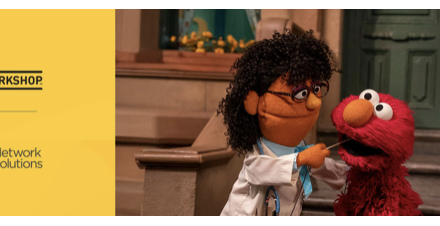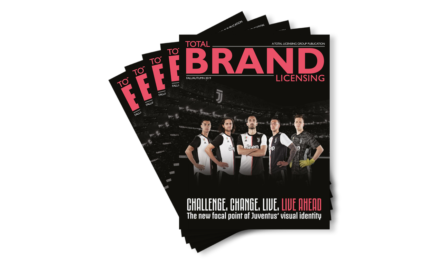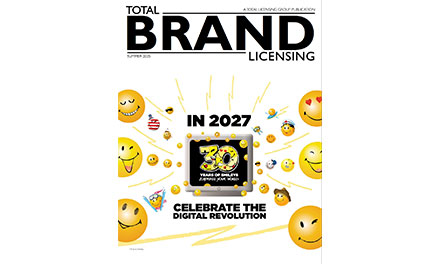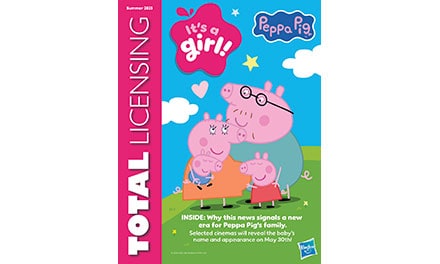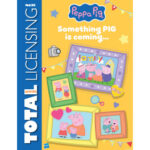
Products of Change pioneers Scope 3 reporting for the brand and licensing industry
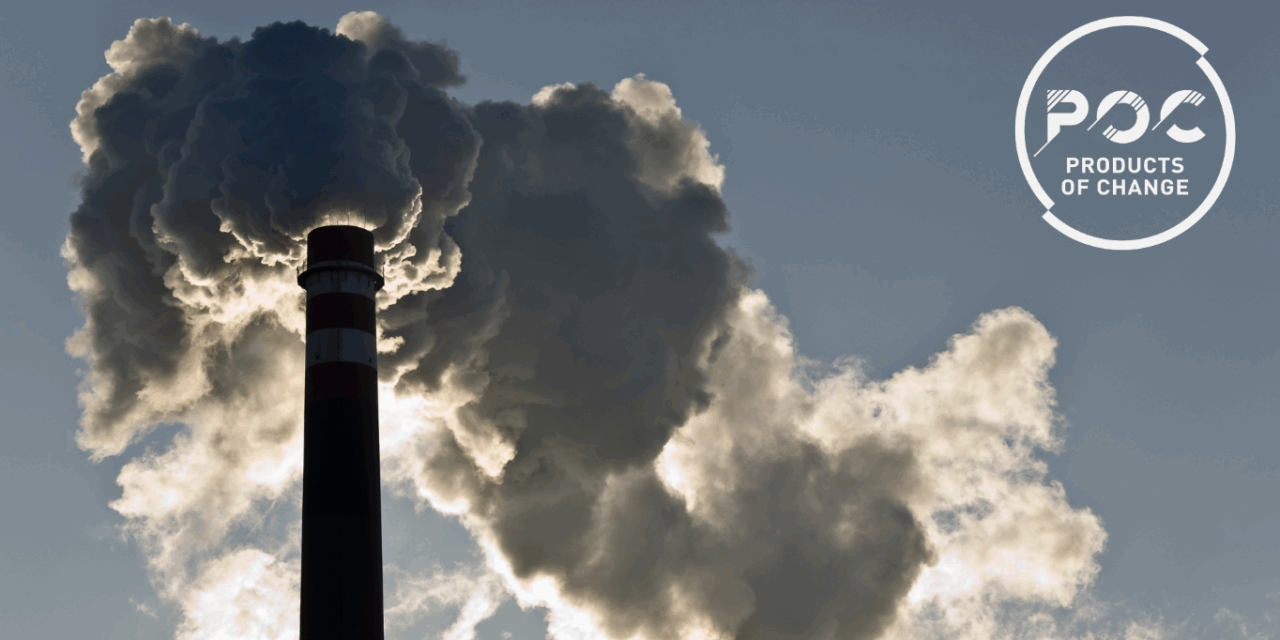
Products of Change (POC), in collaboration with South Pole and other major industry players, has submitted pioneering guidance on calculating Scope 3 greenhouse gas (GHG) emissions for the brand and licensing industry to the World Resource Institute.
Products of Change (POC) and South Pole, a carbon asset developer and climate consultancy, have developed a comprehensive methodology to allow the brand and licensing industry to more accurately measure its GHG footprint, and therefore more assuredly begin its journey of reduction.
The process included consultation with key industry stakeholders: LEGO Group, Disney, BBC Studios, Paramount, Jamie Oliver Group, Manchester City FC, Microsoft, Formula E, Universal Music Group and ASDA.
Helena Mansell-Stopher, founder and CEO of POC, commented, “As brand owners begin to track and disclose their environmental impact, they are now exploring the responsibilities tied to their licensed products. The existing guidance from the Greenhouse Gas Protocol under Category 14 does not account for the brand licensing business model.”
The reason for brand licensing’s omission from the GHG guidance seems remiss when its size is considered. The global sales revenue in the brand licensing sector reached $369.6 billion in 2024, marking a 3.7% growth from the 2023 figure of $356.5 billion.
“We have been working as a cross-sector group over the past year to develop a comprehensive methodology. In October 2024, we proudly submitted our methodology to the World Resources Institute, with initial positive feedback. We hope that our approach will be adopted as part of the global Greenhouse Gas guidelines’ realignment in 2026,” said Helena Mansell-Stopher.
POC and South Pole hosted four workshops, and multiple consultation calls with over 33 global brands as part of its research and consultation process for the methodology, including Universal Music Group, USPA Global, Netflix, Liverpool FC, Unilever, Mattel, Addo Play, TMSW, Warner Brothers, and Magic Light Pictures. The feedback from all these parties was used to refine the guidance into a practical and robust document.
“After I spent two weeks in Scope 3 workshops with super knowledgeable colleagues, trying to understand where licensing would fit into the reporting landscape, it was clear that nobody had thought about the licensing model in the protocol,” commented Sine Møller, sustainability transformation director, LEGO, a major contributor to this body of work. “My frustrations gave me the clarity that resulted in me calling Helena, to say ‘it simply can’t be right, but nobody has thought this through. Let’s talk to [industry] peers because this is exactly the purpose of POC – pulling the industry together to do something meaningful.’”
The importance of accurate data reporting in the brand and licensing industry is essential, given its size and consequential environmental impact. The top ten global brand owners in 2023, with a combined value of USD $249.2 billion, represent 29 million metric tonnes of GHG emissions. However, with the lack of robust guidance for reporting emissions related to brand licensing activities, this figure is likely underestimating the scale of the issue.
Not only is it an environmental and ethical necessity to accurately report emissions, but it is a strategic business decision and will become more so as further climate disclosure legislation comes into effect. As reporting requirements grow, without robust data, companies cannot effectively develop and act on decarbonisation strategies. Sally Mills, head of sustainability, BBC Studios, commented, “Collaborating with the industry to align on emission calculation principles is important to provide transparency and support action.”
Courtney Ward-Hunting, sustainability manager, Jamie Oliver Group, added, “It’s been a pleasure collaborating with Products of Change, South Pole, and other leading brands to develop our shared recommendations for calculating, simplifying, and standardising GHG emissions in the brand and licensing sector. This work marks a major step forward in improving carbon reporting across the industry, and we’re excited to have played a part in this.”
Dr Tianzong Li, managing consultant and technical lead at South Pole, who co-led the development of the methodology together with Harini Manivannan, former managing consultant at South Pole, commented: “It has been a privilege to lead the technical development of this methodology and collaborate closely with stakeholders to ensure it is both scientifically robust and practical for implementation. Our shared vision is to see this guidance formally incorporated into the GHG Protocol: Corporate Value Chain (Scope 3) Standard, empowering the industry to implement it effectively. We are excited by the collective momentum behind this initiative and look forward to advancing efforts toward credible and standardised climate action.”
Helena Mansell-Stopher concurred that, “This work demonstrates the power of cross-sector collaboration – streamlining efforts for businesses while aligning the industry around its shared mission to reduce environmental impact. Our joint methodology will create far-reaching benefits for the global brand licensing community. At POC, this is exactly why we exist: to drive sustainable change, together.”
POC will continue to share updates about the progress and approval of this pioneering piece of work.
